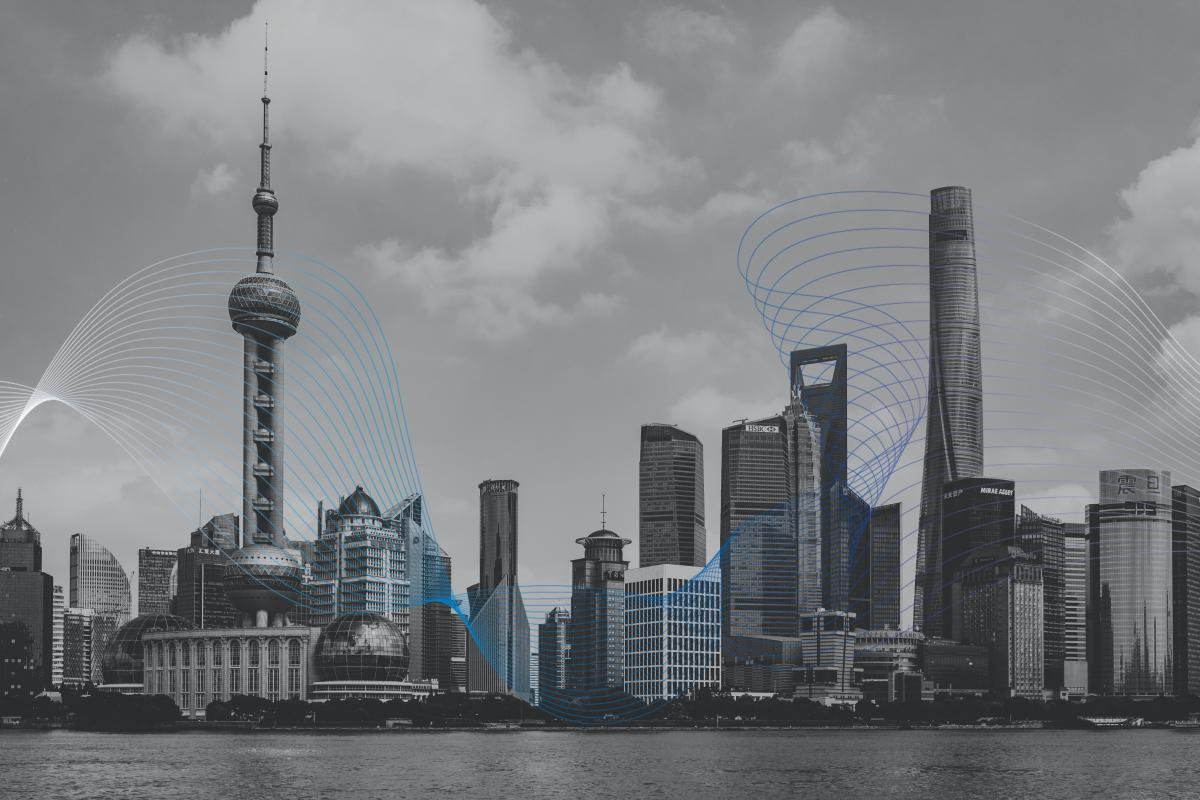Last year, South Korea’s 30-year-old democracy was put to the test, as the country witnessed millions of people demonstrating while a president engulfed in scandal was impeached, jailed and ultimately replaced. And the country’s trust in government quickly returned to pre-crisis levels because of it.
Korea’s 17-point jump in trust in government among the general population was the largest of any market studied in the 2018 Edelman Trust Barometer. While markets holding elections see a bump in their government trust score, Korea’s emotional reaction to President Park’s ongoing scandals and the corporate figures involved provided the backdrop for a collective sigh of relief and desire to move on after new President Moon Jae-in took office mid-year.
In many ways, the recovery of trust in government and in business is a return to normalcy, as general trust in Korea dipped precipitously the year prior when the presidential story broke. This year’s results come off that lower base, meaning that Korea’s six-point increase in its Trust Index still leaves the country in the distrusted category (44 percent), but trending in a positive direction.
Still, there is work to do. While Koreans now trust their government much more than they did a year ago, government was also seen as the most broken institution by 43 percent of respondents, more than double that of any other institution. Despite this, government was also seen as the institution most likely to lead Korea to a better future. Government is seen as much better than before, but it needs to improve further to help the country continue to grow.
In terms of business, trust is up seven points, but there is an expectation for business and CEOs to do more. A strong majority – 79 percent of Koreans – expect CEOs to lead changes, and not to wait for government to do it. However, and somewhat in contrast, more than three-fourths of Koreans feel that CEOs are more driven by the bottom line than the desire to make a difference. With the country’s solid economic showing in 2017, the public may be right about that. Still, a full 70 percent of Koreans believe that businesses that take a stand on social issues are going to be more successful in the long run.
Perhaps most telling, Korea shared the bottom of the global chart when it came to trust in employers, with only 57 percent of employees showing faith in the organization paying their salary. This represents either a huge opportunity for Korean employers to re-engage with their employees and strengthen their organizations, or a huge risk if they continue to fail to do so. However, outside of the company, it’s a somewhat different story: Koreans did increase their trust in companies based in Korea, with a significant 15-point rise to 50 percent, though overall Switzerland was the most trusted country surveyed at 70 percent.
The spread of “fake news” is a major concern in Korea, 72 percent of respondents say they are worried about it being used as a weapon, and 61 percent say they are unsure what is true and what is not these days. Korea has one of the most connected and online populations in the world and the extremely rapid pace of information sharing in the country makes it an especially important issue to address going forward.
Despite concerns about fake news, and some scepticism about the focus of news organizations, overall trust in the media remained constant from last year. However, trust in journalism (an average of traditional and online-only media) increased strongly, reversing a slow annual decline that had been happening since 2012. Some of this can be attributed to the role of investigative journalism in uncovering the presidential scandal that led to President Park’s impeachment, which may have given Korean journalists more respect within the country.
This increased respect for the fourth estate was also noticeable in responses about voices of authority, where journalists saw an 11-point gain to be credible by 28 percent of Koreans. The number of respondents who felt people “like themselves” were very credible dropped by one point, but more importantly, this category was leapfrogged by financial and academic experts as well as a somewhat new hero in Korean business and media, the entrepreneur, who all saw large gains.
This year’s Edelman Trust Barometer results shows that Korea is regaining trust. Taken on its own, it would not be as noteworthy, but given the level of change the country has experienced, the restoration of trust is a very positive sign for government and business. Now that Korea has rebuilt this base, it can use it as a foundation for future growth and development in the country.
SB Jang is managing director, Edelman South Korea.







